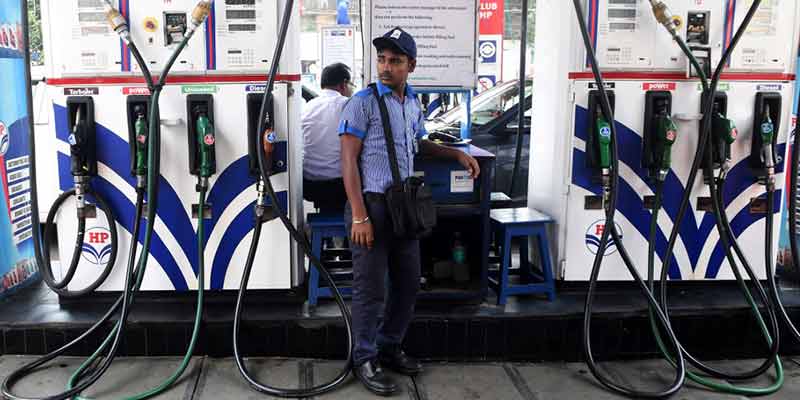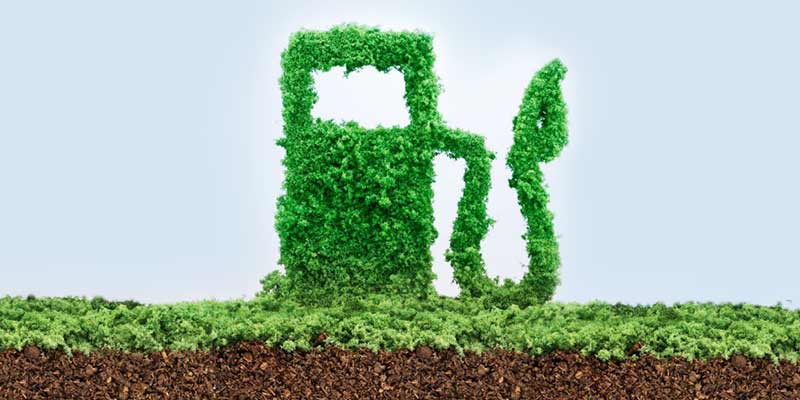- India
- Jan 11
India’s energy security based on 4-plank strategy, says oil ministry
• Union Minister Hardeep Singh Puri said India has been able to navigate through the most formidable energy crisis the world has seen since the 1973 oil crisis due to its four-pronged energy security strategy.
They are:
i) Diversification of energy supplies.
ii) Increasing India’s Exploration & Production footprint.
iii) Alternate energy sources.
iv) Meeting energy transition through gas-based economy, green hydrogen and electric vehicles.
• India increased the number of its crude oil suppliers from 27 countries in 2006-07 to 39 in 2021-22, adding new suppliers like Columbia, Russia, Libya, Gabon, Equatorial Guinea, etc and strengthening relationships with countries like the US and Russia, the minister of petroleum and natural gas said.
• Crude oil extracted from below the Earth’s surface is refined to produce fuels like petrol and diesel. Natural gas too is found below the surface and is used to generate electricity, make fertiliser and convert into CNG to run automobiles and piped to homes for cooking purposes.
• The government is targeting to increase India’s exploration acreage to 0.5 million square kilometres by 2025 and 1 million sq km by 2030. Exploration over a wider area will yield more discoveries, raising domestic oil and gas output and cutting reliance on imports.
• The nation is dependent on imports to meet 85 per cent of its oil needs and 50 per cent of its natural gas requirements. India is mixing ethanol extracted from sugarcane and other agri produce in petrol to cut overseas reliance.
• India increased the ethanol blending in petrol from 1.53 per cent in 2013-14 to 10.17 per cent in 2022 and advanced its target to achieve 20 per cent ethanol blending in petrol from 2030 to 2025-26.
• The phased rollout of E20 (20% ethanol blended petrol) will commence on April 1, 2023.
Ethanol blending
• The energy demand in our country is rising due to an expanding economy, growing population, increasing urbanisation, evolving lifestyles and rising spending power. About 98 per cent of the fuel requirement in the road transportation sector is currently met by fossil fuels and the remaining 2 per cent by biofuels.
• Domestic biofuels provide a strategic opportunity to the country, as they reduce the nation’s dependence on imported fossil fuels. In addition, when utilised with appropriate care, biofuels can be environmentally friendly, sustainable energy sources. They can also help generate employment, promote ‘Make in India’, Swachh Bharat, doubling of farmers’ incomes and promote waste-to-wealth generation.
• India is the world’s fifth largest producer of ethanol after the US, Brazil, EU and China.
• Ethanol worldwide is largely used for consumption but nations like Brazil and India also dope it in petrol.
• Ethanol is one of the principal biofuels, which is naturally produced by the fermentation of sugar by yeast or via petrochemical processes such as ethylene hydration. It has medical applications as an anti-septic and disinfectant. It is used as a chemical solvent and in the synthesis of organic compounds, apart from being an alternative fuel source. It is an agro-based product, mainly produced from a by-product of the sugar industry, namely molasses.
• Ethanol blending offers significant advantages such as increase in Research Octane Number (RON) of the blend, fuel embedded oxygen and higher flame speed. These properties of ethanol help in complete combustion and reduce vehicular emissions such as hydrocarbon, carbon monoxide and particulate matter.
• The government launched Ethanol Blended Petrol (EBP) Programme in 2003 for undertaking blending of ethanol in petrol to address environmental concerns due to fossil fuel burning, provide remuneration to farmers, subsidize crude imports and achieve forex savings.
• Blending locally produced ethanol with petrol will help India strengthen its energy security, enable local enterprises and farmers to participate in the energy economy and reduce vehicular emissions.
• The government has promoted usage of biofuel in the country by notification of the National Policy on Biofuels (NPB), 2018 which allows use of multiple feedstocks for producing bio-ethanol for increased supply of ethanol for blending with petrol.
• With the vision to boost agricultural economy, reduce dependence on imported fossil fuel, save foreign exchange on account of crude oil import bill and reduce air pollution.
Manorama Yearbook app is now available on Google Play Store and iOS App Store


